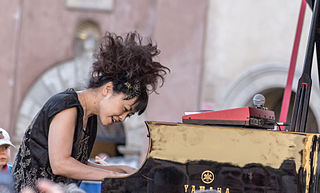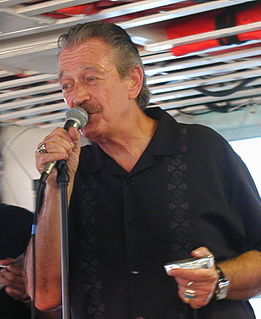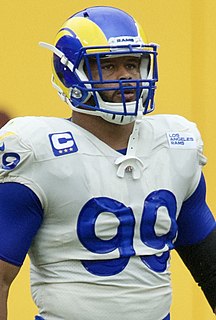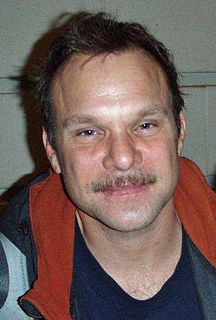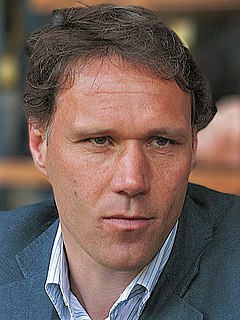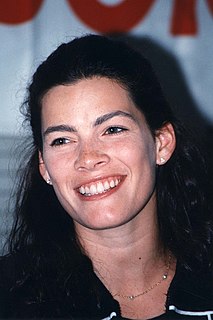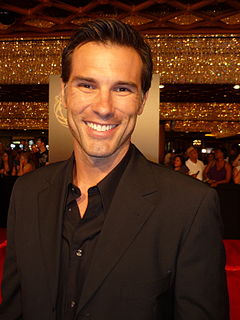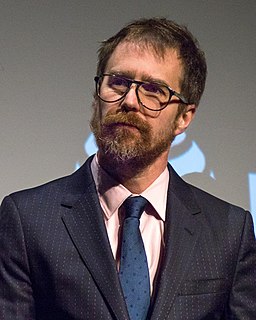A Quote by Hiromi Uehara
You shouldn't think about technique when you play. You have to be you. It cannot be about, 'I can play this, and I can show you that.'
Related Quotes
The way I see it, thinking about the position of the club during the swing is about the worst way to play golf. It makes you tight and defensive, which kills your natural speed and rhythm. Although there's obvious value to minding your technique, at best you'll play an OK round. Where's the fun in that?
When you know you're gonna have the opportunity to shoot the ball, because the coach draws up the play at the timeout, boom instantly you think about the play, you kind of like block away everything, and you think about the play and you kind of visualize yourself making the shot that you're gonna take.
I find it's very confusing when one critic tells you one thing and one tells you something completely different. Unless all the critics agree on parts of the play that just didn't work. I have stopped reading reviews, because I find writing is all about courage. You must have courage when you start writing a play and you cannot have the voice - you must write things out. You cannot have the voice of a critic telling you, "That didn't work in that play, you cannot make it work in another play." Every time you do a production, it's an experimentation.
One way to think about play, is as the process of finding new combinations for known things--combinations that may yield new formsof expression, new inventions, new discoveries, and new solutions....It's exactly what children's play seems to be about and explains why so many people have come to think that children's play is so important a part of childhood--and beyond.
There are more people that are WORTH playing for and making records for than the fickle and casual - they just don't blog about what they hate as much. I feel like every show that we play live reminds me of why I play music. When you're away from that personal connection, you can get wound up in all the hoo-ha about this and that, but when you get out there and connect with people, you can't help but be moved, and that keeps you going at least until the next show!
The title's so upfront. It gives fair warning about the play's content. I'm writing about a kind of disenchantment, an anger, but quite a cool 90's anger, at a time when we're not very good at openly being angry. . . . I don't think I ever thought the title was titillating. I thought it was incredibly catchy. If the play is about the reduction in human relations down to a consumerist rationale, then thematically, the title is entirely linked into the thesis of the play.
In my shows, I always try to incorporate music because it's the most natural way to set a tone. So if I want to do a show about depression, I use the opera. If I want to do a show about greed, I use spoken word. If I want to do a show about the injustice that's taking place in the world, I might play Sam Cooke.
